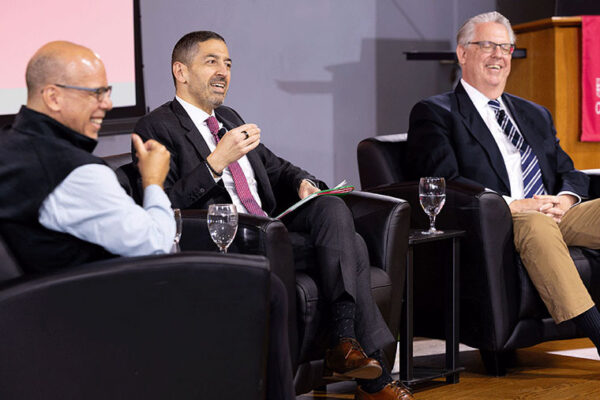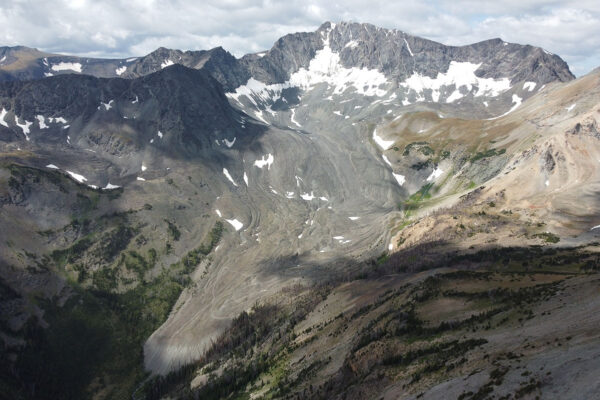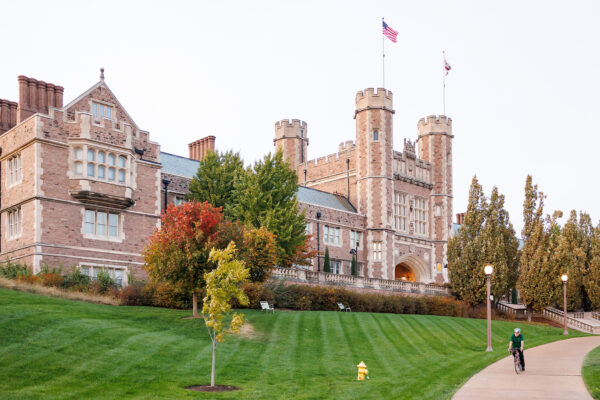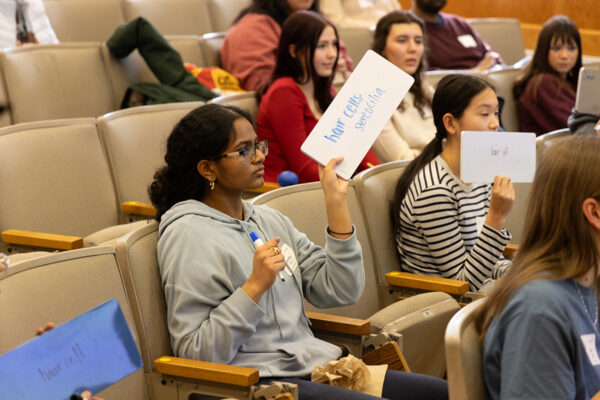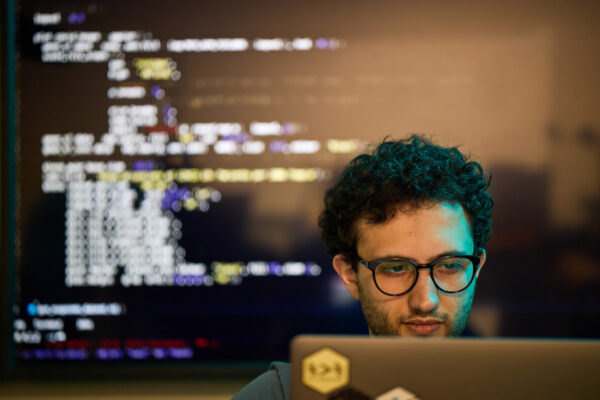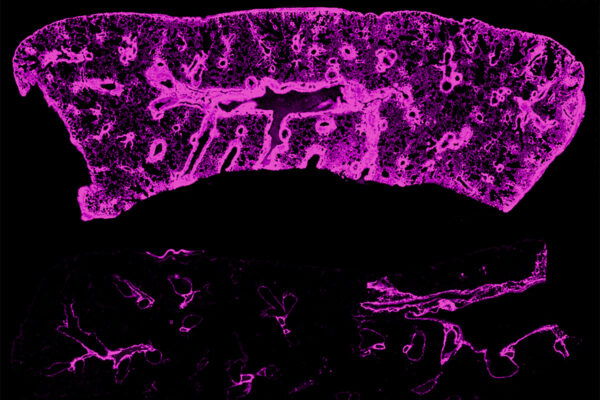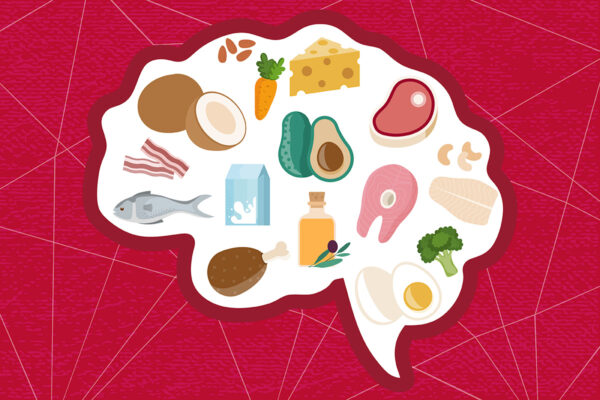University introduces +AI academic initiative
WashU is launching a new universitywide initiative called +AI. The initiative aims to transform teaching and learning and accelerate research while also acknowledging the challenges AI will create.
A clear view to better batteries
Engineering researchers at WashU are providing guidance and maps to improve the performance and safety of lithium-ion batteries.
Olin to host ‘Business of Being Well’ March 31
WashU Olin Business School will host its annual spring symposium, aimed at improving health outcomes. The daylong event offers participants business-driven perspectives on health and the chance to connect with peers from WashU and beyond.
Sun sets on the Sunlight glacier
Researchers at WashU are documenting the loss of the Sunlight glacier system near Sunlight Peak, Wyo.
Human resources launches enhanced service model
The Office of Human Resources is launching an enhanced service model to provide more streamlined and timely support to WashU employees and leaders. The new structure takes effect March 2.
High school students compete at WashU’s annual Brain Bee
The 16th annual St. Louis Area Brain Bee drew 54 high school students from about 30 schools to WashU for a day of neuroscience challenges and panels.
App aids substance use recovery in vulnerable populations
A mobile app developed by WashU Medicine researchers is effective at helping patients with substance use disorder who are in unstable housing situations take steps toward recovery, a new study found.
New WashU Medicine program to train data specialists
The master’s program in biomedical data science and artificial intelligence is one of few such programs in the U.S. It offers a flexible curriculum, part-time enrollment and evening classes to accommodate working students.
Surprising culprit leads to chronic rejection of transplanted lungs, hearts
A new study from researchers at WashU Medicine shows that chronic organ rejection may be triggered by the disruption of lymphatic vessels from the donor organ rather than an attack by the patient’s immune system.
Study explains how ketogenic diets prevent seizures
A new study by WashU Medicine researchers shows in mice that the ketogenic diet, long known to help treat epilepsy, causes changes in brain cells, opening a potential pathway to targeted therapies.
View More Stories


